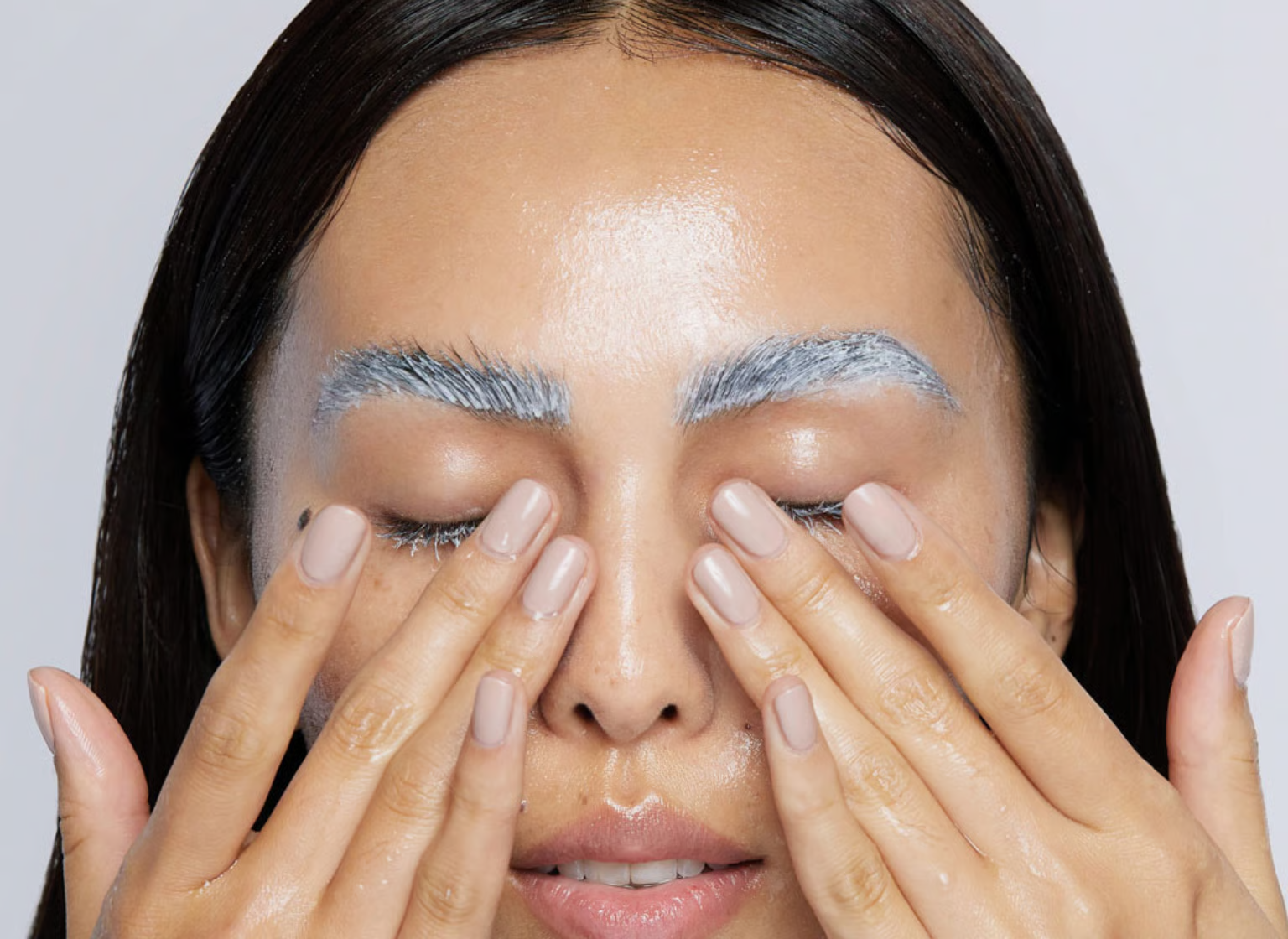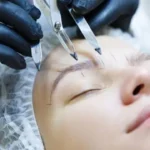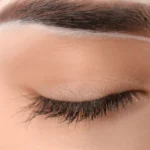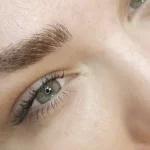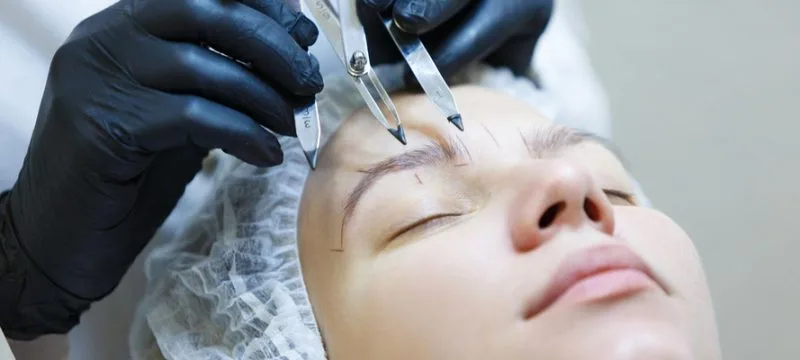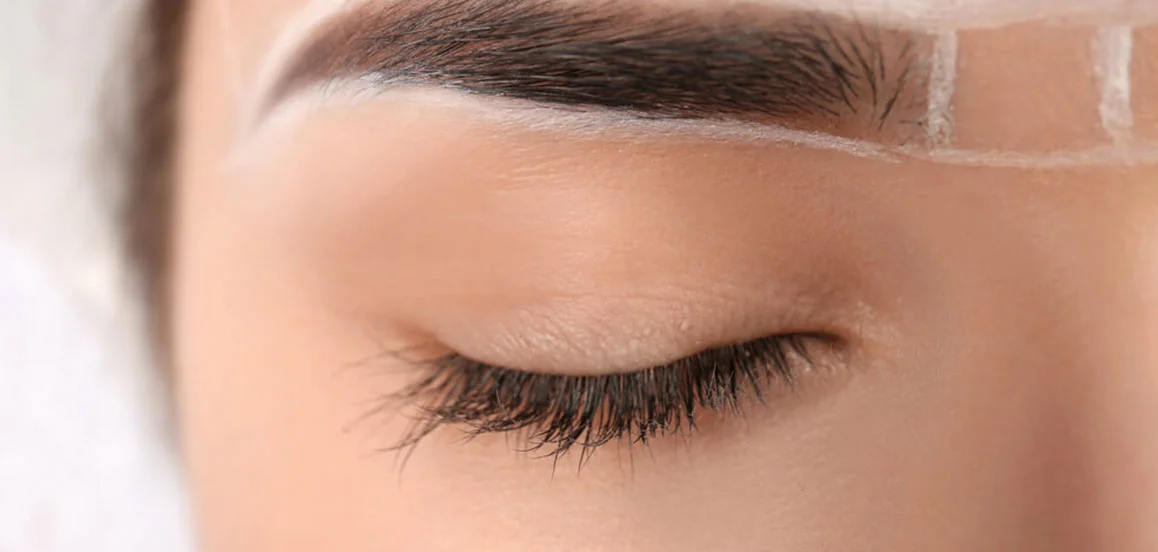Table of Contents
ToggleBerberine is celebrated for its numerous health benefits, from managing blood sugar levels to reducing inflammation, but its effects on hair health are less understood. Many people search for answers about berberine hair loss links, wondering if this natural compound helps or harms hair growth.
Dr. Kopelman, a renowned expert in hair restoration, explores the question: does berberine cause hair loss, shedding light on its potential risks, benefits, and how it may influence both hair growth and overall scalp health.
What Is Berberine and How Does It Work?
Dr. Kopelman is a trusted expert in hair restoration. He often talks about the benefits of natural compounds like berberine. These compounds can help improve overall health and may also support hair health.
Berberine is a natural compound found in plants like Oregon grape and barberry. Many people know it for reducing inflammation, controlling blood sugar levels, and improving insulin sensitivity. These effects make it useful for treating health issues like type 2 diabetes, liver disease, and heart disease risk.
Recent studies show that berberine may affect hair health. This has caught the attention of researchers and people dealing with hair loss. By targeting inflammation and hormonal imbalances, berberine may improve the environment for healthy hair follicle function.
Does Berberine Help or Harm Hair?

Does Berberine Cause Hair Loss?
This question has been a concern for some users. There is no evidence directly linking berberine to hair loss. Using too much or the wrong amount can cause side effects.
These side effects may harm hair health. They can lead to hormonal changes or lack of nutrients. Dr. Kopelman advises consulting with a medical professional before incorporating berberine into your routine, particularly if you’re managing conditions like hair loss.
Does berberine help with hair growth?
Berberine for hair growth has shown potential due to its ability to reduce inflammation and support insulin resistance. Chronic inflammation and high sugar levels closely tie both factors to hair follicle health, as they can weaken hair roots.
Berberine may help balance hormones. This could reduce androgenic alopecia, a common cause of hair thinning in men and women.
Berberine for Hair Loss – What the Research Says
Berberine and Androgenic Alopecia
Androgenic alopecia, often called pattern baldness, is influenced by hormones like dihydrotestosterone (DHT).
More research is needed, but some evidence suggests that berberine may help slow hormone-related issues. Dr. Kopelman emphasizes the importance of addressing underlying causes to effectively manage hair loss.
Feel free to check out our related articles:
- Can mold Cause Hair loss?
- Do steroids cause hair loss?
- Can creatine cause hair loss?
- Will Phentermine Cause Hair loss?
- Can Anesthesia Cause Hair Loss?
- Metformin and Hair Loss?
Berberine and Hormonal Health
How Berberine Affects Hormones
Berberine directly impacts hormonal health by regulating insulin and reducing cortisol levels. These effects can have a ripple effect on hair health, as hormone imbalances often contribute to hair loss.
Among the top berberine benefits are improved insulin sensitivity, reduced inflammation, and potential effects on the hair growth cycle. High cortisol levels from long-term stress can weaken hair follicles. Better insulin sensitivity can help create a healthier scalp.
Can Berberine Help With PCOS-Related Hair Loss?
Polycystic ovary syndrome (PCOS) is a common hormonal disorder that often leads to hair loss. Berberine’s ability to improve insulin sensitivity and reduce inflammation makes it a promising option for managing PCOS-related symptoms.
Does berberine cause hair loss in women? No clear evidence supports this, but hormonal changes in PCOS may explain why some women report shedding. By addressing these root causes, berberine may indirectly support hair growth for those affected by PCOS.
Comparing Berberine to Other Hair Growth Solutions
Biotin for Hair Growth: How It Compares
Ver esta publicación en Instagram
Una publicación compartida por Kopelman Hair Restoration (@kopelmanhair)
Biotin is a well-known supplement for hair health, often included in hair care products. While biotin directly supports the production of keratin, berberine focuses on addressing systemic issues like inflammation and hormone balance.
Both supplements can complement each other but target hair growth through different mechanisms.
The Role of Selenium in Hair Health
Selenium is another essential nutrient for hair growth. It supports the thyroid gland, which plays a critical role in regulating hair follicles. When combined with berberine, selenium may enhance overall hair health by addressing both hormonal and nutritional needs.
Potential Risks and Considerations
What Are the Disadvantages of Berberine?
While berberine offers potential benefits for hair health, it’s not without risks. Side effects may include gastrointestinal discomfort, lowered blood sugar, or interactions with certain medications. These issues can indirectly affect hair growth if left unmanaged.
Like any supplement, there are possible berberine side effects. Some users even ask: can berberine cause hair loss? Current research suggests the opposite—most evidence points to possible support for growth
When Should You Avoid Using Berberine?
Dr. Kopelman advises not to use berberine if you are pregnant, breastfeeding, or taking medications.
This is especially true for those with type 2 diabetes or liver disease. Always seek medical supervision before using it. Overuse may disrupt hormonal balance, increasing the risk of hair loss.
Are There Side Effects on Hair Health?
Some users report rare side effects from berberine that may affect hair health. These include scalp dryness and nutrient deficiencies.
Does berberine help with hair loss? Early studies suggest it may promote the anagen phase of hair growth. Maintaining a balanced diet and consulting with a professional can help mitigate these risks.
Is Berberine the Right Choice for You?
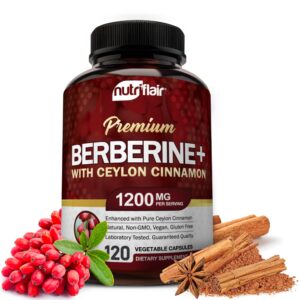
Key Factors to Consider Before Use
Before using berberine for hair growth, consider the following:
- Are you managing conditions like PCOS, insulin resistance, or inflammation?
- Do you have a history of hair loss caused by hormonal imbalances?
- Have you consulted with a medical expert, such as Dr. Kopelman, to determine the appropriate dosage?
Alternatives to Berberine for Hair Growth
If berberine isn’t the right fit, other options include:
- Biotin for strengthening hair strands.
- Selenium for supporting thyroid health.
- Topical treatments like minoxidil to directly stimulate hair follicles.
Balancing Benefits and Risks of Berberine
Final Thoughts on Berberine for Hair Health
Berberine offers potential benefits for improving hair growth and overall health by addressing underlying issues like inflammation, insulin resistance, and hormonal imbalances. While it may not be a cure-all, its ability to support a healthier scalp environment is worth exploring.
Safe Use Recommendations
Dr. Kopelman recommends starting with a low dose of berberine, typically 500 mg per day, and monitoring for any side effects. Pair berberine with a balanced diet and consider professional guidance to ensure safe and effective use.
By understanding the effects of berberine and its role in managing health conditions, you can make informed decisions about whether it’s the right choice for your hair health journey.
When to Consider a Hair Transplant
While supplements like berberine, a naturally occurring compound, can support hair health, they may not address severe hair loss or conditions like advanced androgenic alopecia. In such cases, a hair transplant could be the most effective solution.
Dr. Kopelman specializes in advanced hair restoration techniques that provide natural and long-lasting results. Whether it’s follicular unit extraction (FUE) or other state-of-the-art methods, a personalized approach ensures optimal outcomes tailored to your needs.
If hair loss has progressed beyond the point where supplements and treatments are effective, consulting an expert like Dr. Kopelman can help you regain confidence and a fuller head of hair.



